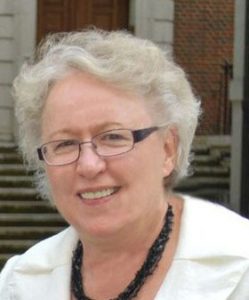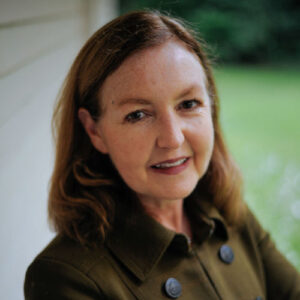Church, State, and Religious Education: Explaining Different Shifts in Europe
 Leni Franken is a senior researcher and teacher assistant at the University of Antwerp (Belgium)
Leni Franken is a senior researcher and teacher assistant at the University of Antwerp (Belgium)
This text is a summary of a recent article entitled “Church, State and RE in Europe: Past, Present and Future”, published in Religion & Education
Until the 1970s, Religious Education (RE) in Europe was mainly organized in a denominational and confessional way and aimed at religious socialization in one religious (Christian) tradition. For a long time, this model of mono-confessional RE was not disputed: even though non-Christian religions (for instance Judaism, Islam, and several Eastern traditions) and atheism had some presence in Europe before the 1960s, the majority of citizens belonged to a Christian denomination, and it was the norm to have Christian RE at school.


